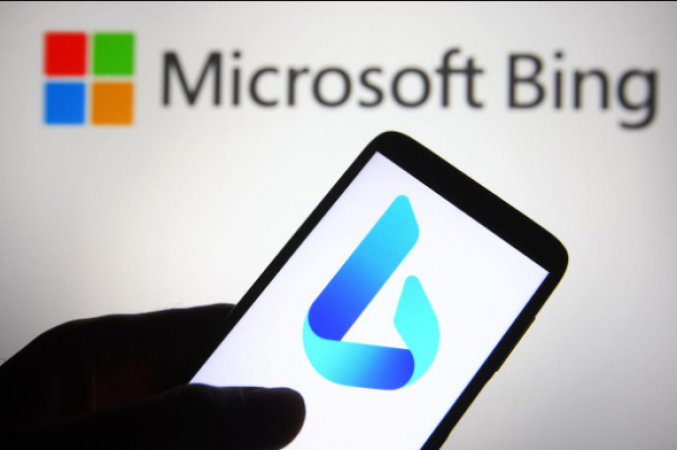
USA: Microsoft Chairman Brad Smith testified before a US Congressional committee that his company and other tech firms were not paying enough for news content to media companies that power search engines such as Bing and Google.
He appeared in court with news officers and declared, "What we're talking about here is much bigger than us." "Let's hope journalism still exists a century from now, even though no one is using iPhones, laptops or anything we have today.
Because it is necessary for our democracy. Microsoft is committed to continuing "healthy revenue-sharing" with news publishers, including licensing articles for Microsoft News apps, according to Smith, who also suggested that tech companies should take additional steps.
Also Read: Kristalina Georgieva: 2023 will mark a turning point for the global economy
However, Microsoft this week began testing a new chatbot interface for Bing that could provide a way to get paid on news websites by delivering dazzling conversational answers, sometimes based on media content.
With Google and others developing chatbots, media companies' disputes with tech platforms over the placement of their content on search engines and social feeds could take on a new dimension.
According to Wirecutter, the top three picks from The New York Times product review site Wirecutter, which is behind a metered paywall, were quickly listed by the Bing chatbot in response to a question from WIRED about the best dog beds. This bed is comfortable, sturdy, easy to clean and is available in a variety of sizes and colors.
The quotes at the conclusion of the bot's response acknowledged not only Wirecutter's rating but also the many websites that used Wirecutter's name to attract traffic and make money from affiliate links. The Times chose not to respond.
A Wall Street Journal column on ChatGPT was also summarized by Bing's bot, which was built using technology similar to OpenAI's chatbot event ChatGPT, despite the fact that the newspaper's content is usually hidden behind a paywall. happened.
Also Read: The new US strategy to defuse tensions between Palestine and Israel is already failing
(The tool didn't exactly copy any columnist's writing.) News Corp., which owns the WSJ, declined to comment on Bing.
According to Caitlin Rolston, Microsoft's director of communications, "Bing only crawls content that publishers make available to us." According to him, the search engine has access to content behind a paywall from publishers that have a contract with Microsoft's news service. This plan was in place before Bing's AI update this week.
The new Bing interface is based on technology from OpenAI, which has developed text-generation capabilities by studying statistical word patterns in books, forums, articles and other web-scraped text.
Although it has licensed images from the stock image library Shutterstock to serve as training data for its work on building images, OpenAI is not known to have paid for the rights to all that content.
When Microsoft's bot summarizes articles, it doesn't specifically pay the authors, just as Microsoft and Google have never paid web publishers so that search results show excerpts from their pages. However, the chatty Bing interface provides more in-depth responses than previous search engines.
Startup OpenAI's ChatGPT tool, which it released in November, has been shown to copy or only marginally modify the work of human authors. ChatGPT use is restricted in some large US public school systems, including New York City.
Bing uses Prometheus, a Microsoft AI system that the company claims builds on OpenAI's ChatGPT and is tuned to provide users with secure and fast search results.
When asked at a Microsoft media event this week about the possibility that the new Bing search could mimic human authors, Yusuf Mehdi, the company's consumer chief marketing officer, replied that the company would be able to "bring traffic back to content creators." cares too much about being". Work.
He explained that the links in each response from the Bing chatbot "make it easy for people to go in and click through to those sites." Microsoft's Roulston declined to say how many early testers clicked on those quote links to go to the original source of the information.
The publishers are currently debating whether or not to respond to Microsoft. In the race to integrate chat technology into search, Google is currently the frontrunner.
No money goes back to news publications unless there is a specific agreement. This is extremely problematic for our industry, says Danielle Coffey, executive vice president and general counsel of the News Media Alliance, a trade association of more than 2,000 print and online publications worldwide, including The New York Times and The Wall Street Journal. The group also includes Condé Nast, the parent company of WIRED.